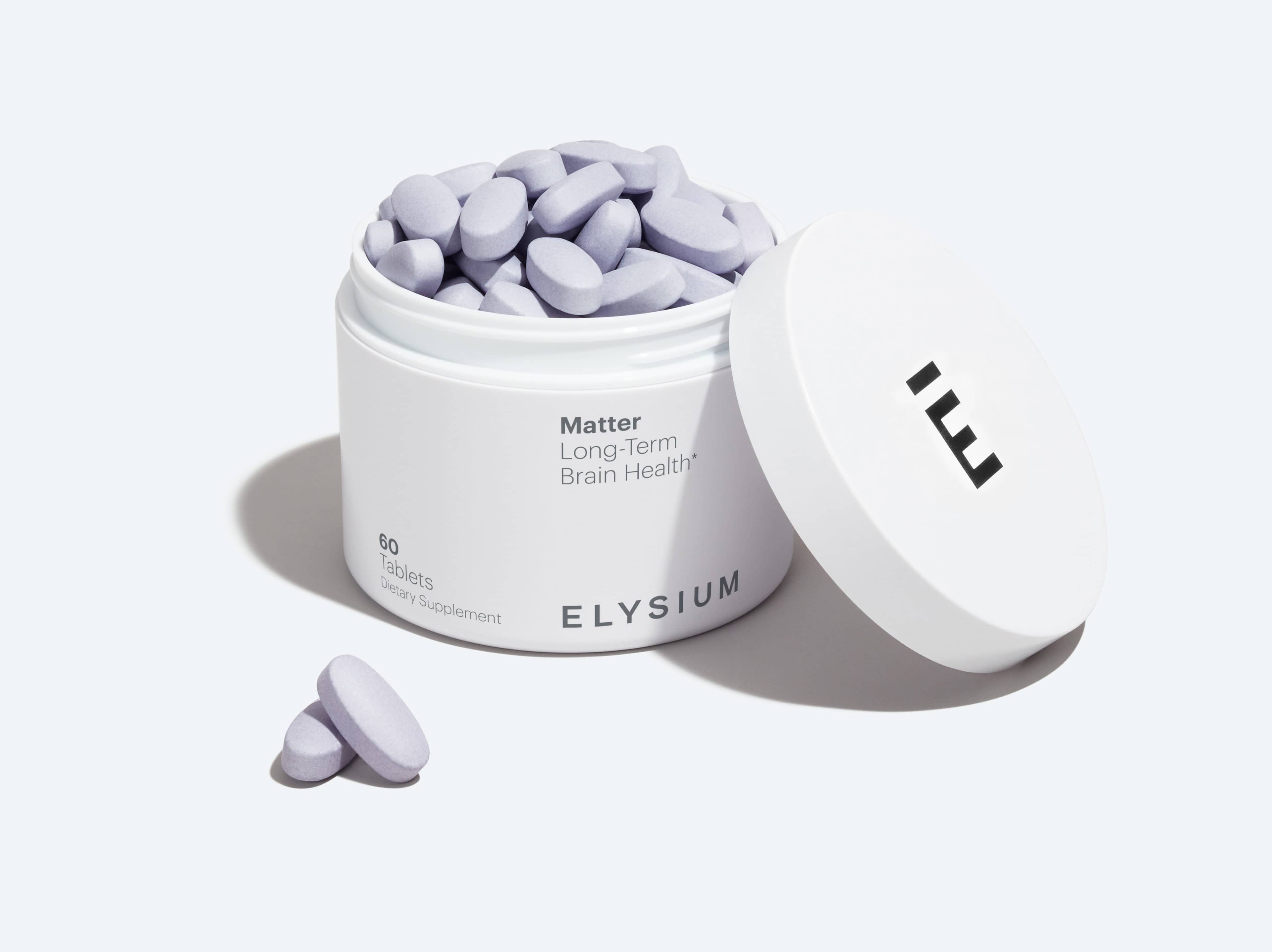“So many of our brain health outcomes are primarily the result of our own behaviors,” writes Dr. Ronnie Stangler of the Aspen Brain Institute. This is great news since it means we are firmly in the driver’s seat when it comes to long-term brain health. The actions we take now will impact how healthy our brains are in the future. I, for one, want to do everything I can to ensure my long-term brain health.
This month we are looking at the effects that diet, nutrition, social connection, and having a purpose have on our long-term brain health.
Eating for Brain Health
The foods we eat are of tremendous importance to brain health. Eating certain foods (and avoiding others) has been shown to slow brain aging by 7.5 years. Many experts we speak to follow the MIND Diet — a combination of the Mediterranean diet and the DASH diet — optimized for brain health. The MIND diet, developed by nutritional epidemiologist Martha Clare Morris, emphasizes eating the following foods:
Leafy greens: This includes kale, spinach, cooked greens and salads. (I have a bowl of steamed kale every morning.)
All other vegetables: Try to eat another vegetable in addition to the green, leafy vegetables at least once a day. Broccoli, brussels sprouts, and other cruciferous vegetables are some of my favorites.
Berries: Especially blueberries and strawberries.
Nuts: Try to get five servings of nuts or more each week. Although calorie-dense, they are also nutrient-dense including vitamin E, which is neuroprotective.
Olive oil: Use olive oil as your main cooking oil, keeping the pan temperature under the smoke point of the oil.
Fish: Try to eat fish twice a week. Opt for fatty fish like salmon, sardines, trout, tuna, and mackerel for their high amounts of omega-3 fatty acids.
Limit these foods: cheese, red meat, fried food, especially fast food, and pastries and sweets. It has been shown that there is a link between eating a high glycemic index diet and brain health.
Matter From Elysium Health
Even with a concerted effort to eat for brain health, it can still be challenging to get some of the essential nutrients we need every day. This is where Matter from Elysium Health comes in. I take Matter daily and recommend it to all of my friends.
Matter features a clinically proven B-vitamin complex patented by the University of Oxford to slow brain atrophy as you age. The study conducted at Oxford further demonstrated that the B-vitamin complex works more efficiently in people with good omega-3 status. So, Matter also features highly bioavailable omega-3s.
Matter’s 550mg of free fatty acid omega-3s per serving includes 250mg EPA + DHA. The Dietary Guidelines for Americans (DGA) recommends two servings of fish each week, which includes 250mg of EPA + DHA. Interestingly, 80% of Americans do not consume the recommended two servings of fish each week.
Matter also contains brain-benefitting anthocyanins. Studies show that eating a diet rich in anthocyanins — the brightly-colored pigments found in foods such as blackberries and purple potatoes — supports cognitive health.
Importance of Socializing
Everyone needs to have a social life, no matter their age. This has become especially important during the pandemic, which requires social distancing. We are social beings, and it is critical for our brain health to experience connection with others. A study in The Journal Of Gerontology suggests that socializing helps ward off dementia: researchers found that participants who reported greater levels of social engagement had more robust gray matter in regions of the brain relevant to dementia. This year especially, making an extra effort to stay connected to friends, family, and acquaintances has to be part of our health program. As Dr. Stangler told me on our SuperAge podcast, the stress of social isolation this past year presents a health challenge for us all.
Power of Touch
Humans also need touch. Physical contact with other humans, or even pets, facilitates the release of oxytocin, a hormone linked to sensations of calm, relaxation, and being at peace with the world. In addition to helping us feel good, oxytocin may provide brain protection. A study from the Tokyo University of Science states, “Oxytocin is known to facilitate certain cellular chemical activities that are important in strengthening neuronal signaling potential and formation of memories.” They go on to suggest that oxytocin could be used as counter-dementia therapy. Evidence is still emerging, but getting an extra hug today may not only feel good, it could also help to protect your brain.
Purpose for Longevity
Purpose is also an important factor in overall health. Having a firm purpose in life may additionally help to dampen the ravages of Alzheimer’s disease, according to a study published in JAMA Psychiatry. This latest study showed that living a purposeful life may also help to protect the brain against age-related damage. Of the 256 people followed, the brains that functioned better, it turned out, belonged to people who had indicated more purpose in life over the course of the study.
In my AGEIST profile interview with Dr. Connie Mariano, the former director of the White House Medical Unit, Dr. Mariano observes that ex-presidents seem to live longer and healthier lives than the rest of us, despite the great stresses of the job — Jimmy Carter is a prime example. Dr. Mariano attributes this longevity to a sense of purpose in the world. While the sample size is very small, her theory seems to hold up. On the strength of this and other information, we recommend that those ready to pull back from their job to replace work with something that promotes similar feelings of personal agency.



Very good article, David. Thank you. I am currently challenging my 69-year old brain by trying to learn how to fly. It involves tremendous doubts. If successful, I will write an article for you on the “journey”.
I get the limiting foods except red meat. If you conume grass fed meat it is one of the most nutrient dense foods you can eat. You may not need all those b vitamins if you get them from natural sources. Eggs are also a great source of key nutrients.
Really good article David. There is a lot I can take from this article as I enter my late 50s